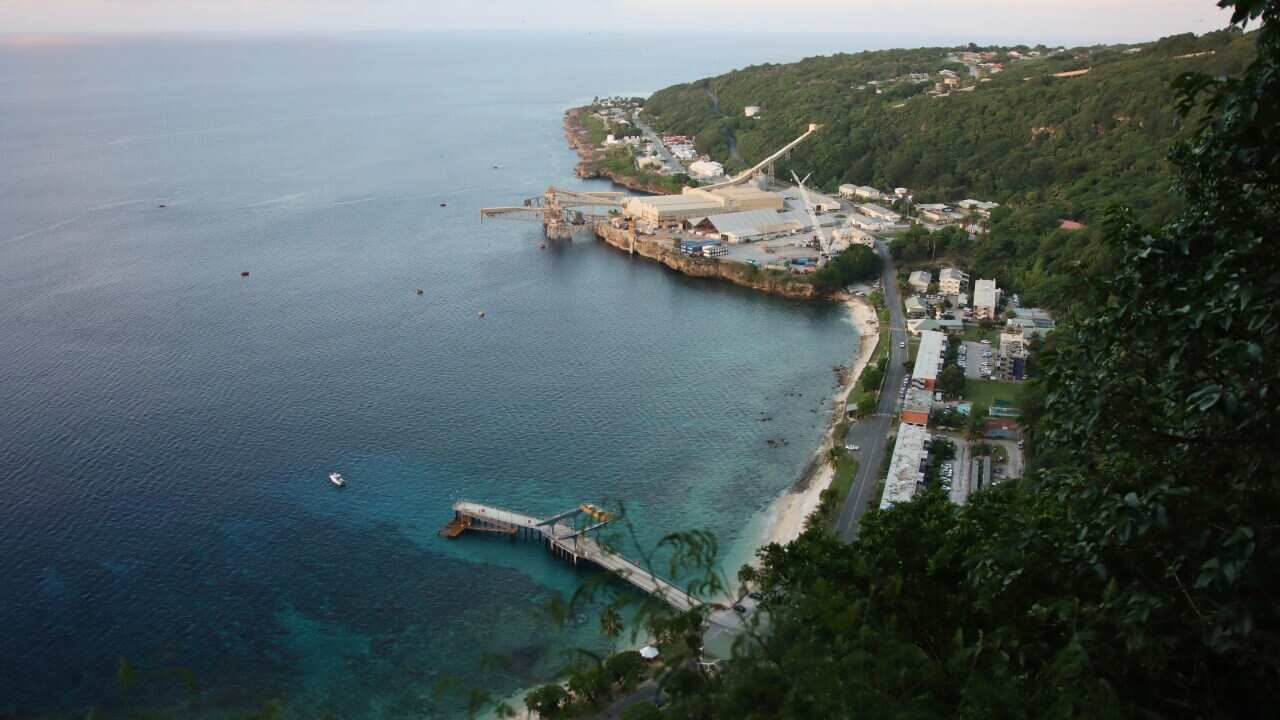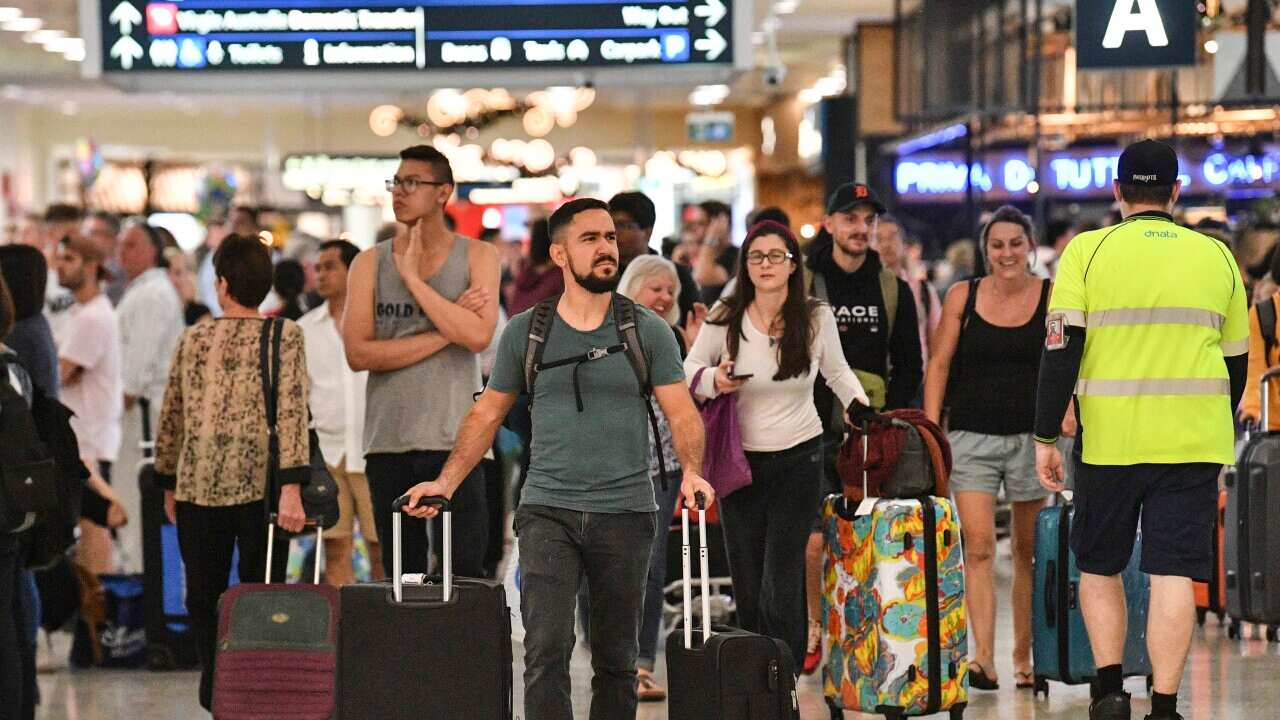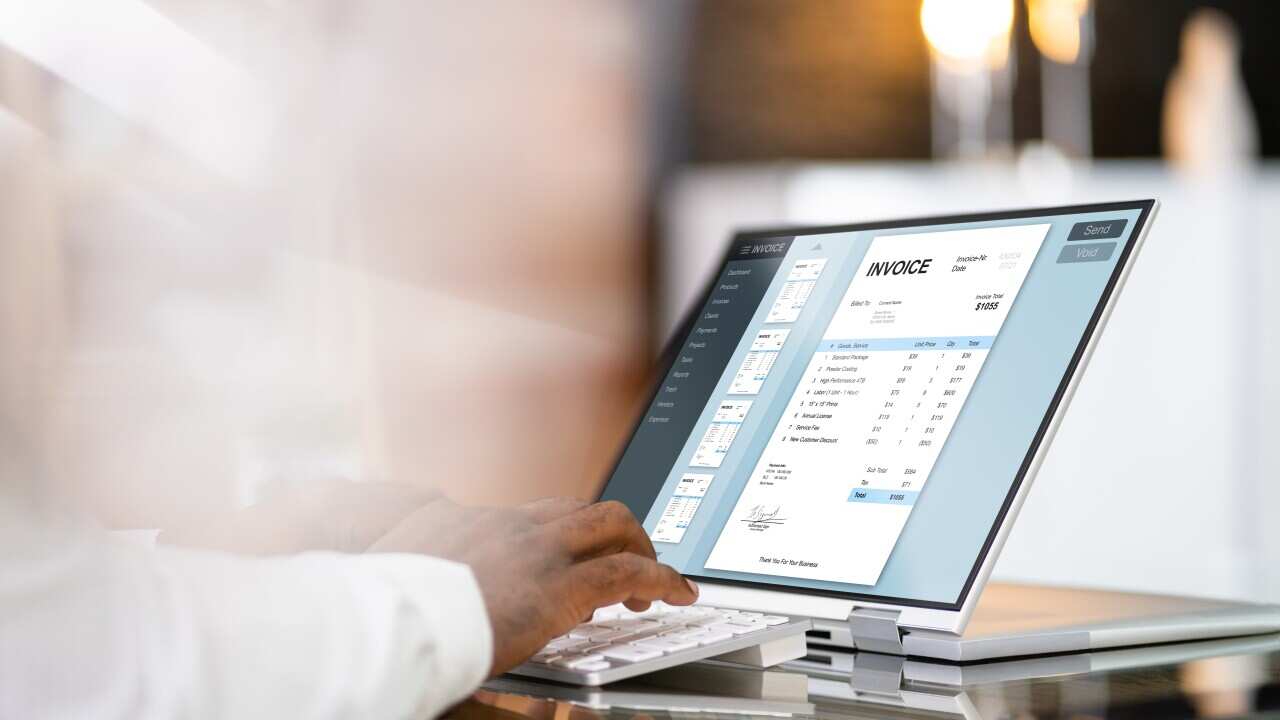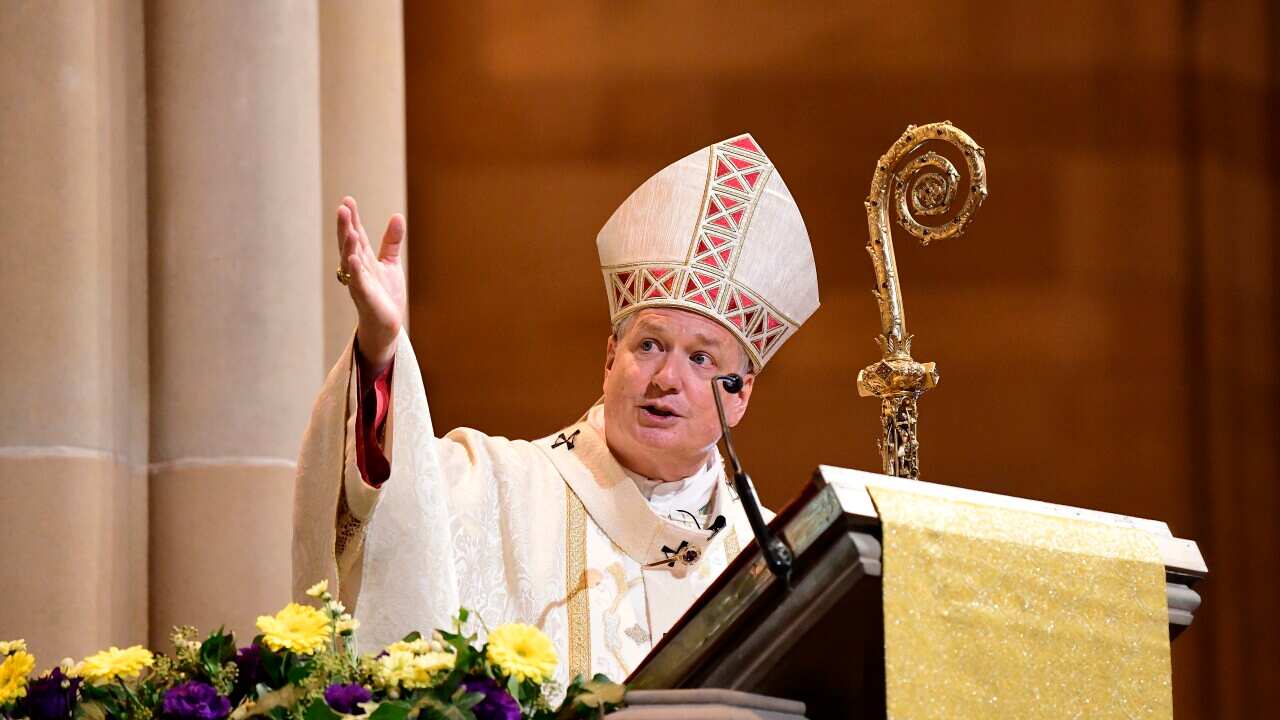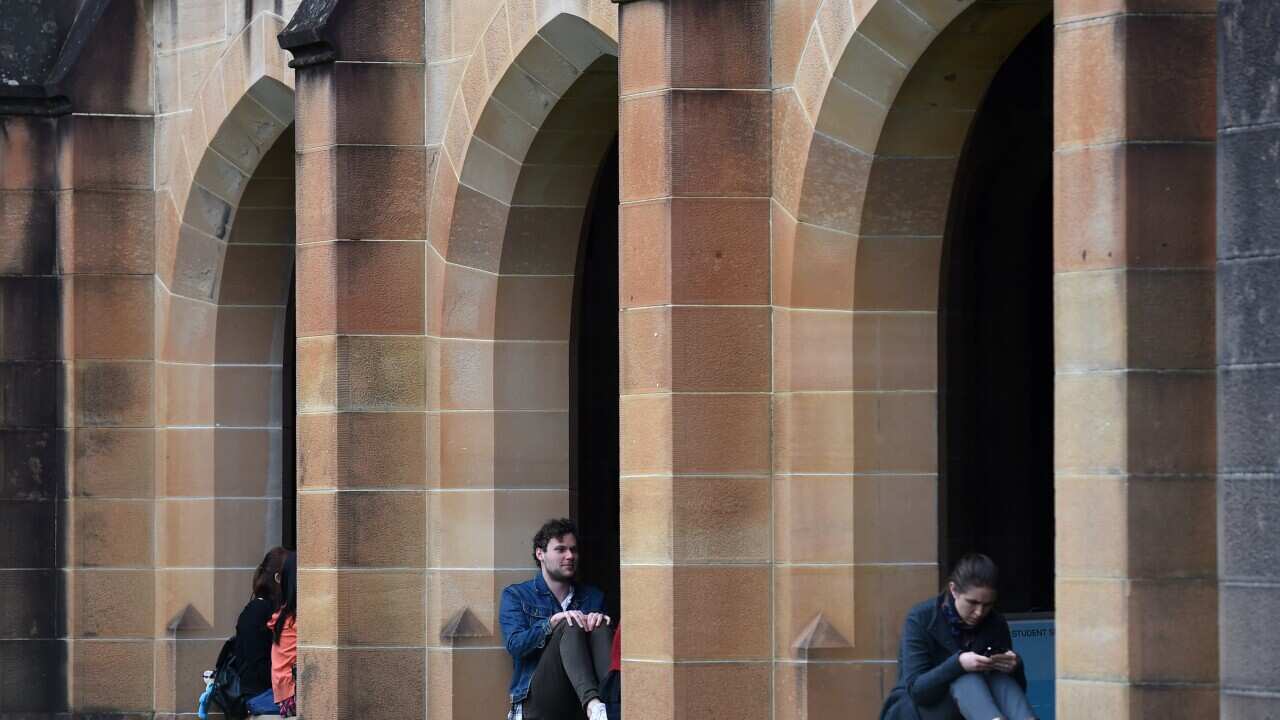Tanya Orman is the channel manager for Australia's National Indigenous Television, or NITV.
And she is chairwoman of the World Indigenous Television Broadcasters Network, or WITBN.
"And when we first established as a collective, we started to exchange content, and then that started to go into exchanging news and, now, having international co-productions. I'm really excited about the possibilities. And what this conference next week is going to bring about is, I guess, the next phase of our network, of the World Indigenous Television Broadcasters Netwo rk. We've had an interesting journey to date, but this next phase, which will be hosted by NITV in Sydney, is, I guess, evolving from the foundation that has been laid over the last few years and really thinking about the next stage of this network."
Na'alehu Anthony is from the 'Oiwi Television Network in Hawaii.
Mr Anthony says the network is an opportunity to learn from other Indigenous cultures.
"The showing of the continued commitment to Indigenous cultures' broadcasting efforts across the planet ... so this has built out, what, just eight years ago, and what we have is this connection point to each other to not only share content but also share perspectives and technologies that allow us to hopefully move forward at the rate that technology and the media landscape is moving as well."
Paora Maxwell is chief executive of Maori Television in New Zealand.
He says language preservation will be high on the agenda at the conference.
"What we know from research that we've done is that we're very effective at bringing Maori language and culture to our audiences. We know this because we're halfway through a commissioned report on the effectiveness of Maori television, in terms of people's uptake of Maori language and culture. So we know that, on the engagement front, we're doing very well. And we've got both quantitative and qualitative evidence, if you like, of that."
Na'alehu Anthony from the 'Oiwi Television Network in Hawaii agrees.
"Hawaiian language was at the brink of being in a place where it would not survive another generation but for the work of those who came forward to build out the revitalisation movement about 30 years ago. And so what we're doing with broadcast initiatives is to help that already kind of longstanding initiative, this generation-long initiative, to be able to provide content and other types of pieces of media that help to bolster that movement. And I think that television and, specifically, the kind of broadcast initiatives that we've seen are probably one of the best tools to revitalise language for the larger community."
Paora Maxwell from Maori Television points out New Zealand only has one Indigenous language.
"Unlike Australia, where there are many languages and dialects, really, in New Zealand, we only have one Maori dialect. That's probably due to our more recent settlement of New Zealand, going back probably a thousand years, and also our geography -- we're not as widespread as your country. So, we have a dialect of Maori that's intelligible to all. So that's one advantage for us is that we're committed to that particular language."
Na'alehu Anthony, in Hawaii, shares similar sentiments.
"Here in Hawaii, we only have kind of one indigenous language, one language. You could argue that there's a couple of different dialects, but those are in really small pockets, so, for the most part, everyone agrees that there's one indigenous language here in Hawaii. So that makes the path a little easier than what we've seen in some of the counterparts, with some of the other people in WITBN."
NITV's Tanya Orman says her network faces different challenges.
"Not only are we needing to make it relevant to the 300-odd different (Indigenous) nations within our country, it's also the practicality. We don't time-shift, or we don't have the resources with subtitling and those sorts of things as well. For NITV to broadcast in language, it's also a reflection of what else is supported in Australia. It's challenging for NITV to have language programs when bilingual education's not even supported in our schooling system. And the language challenges outside of broadcasting for us as First Nations people in general in Australia are being acknowledged as First Nations people."

